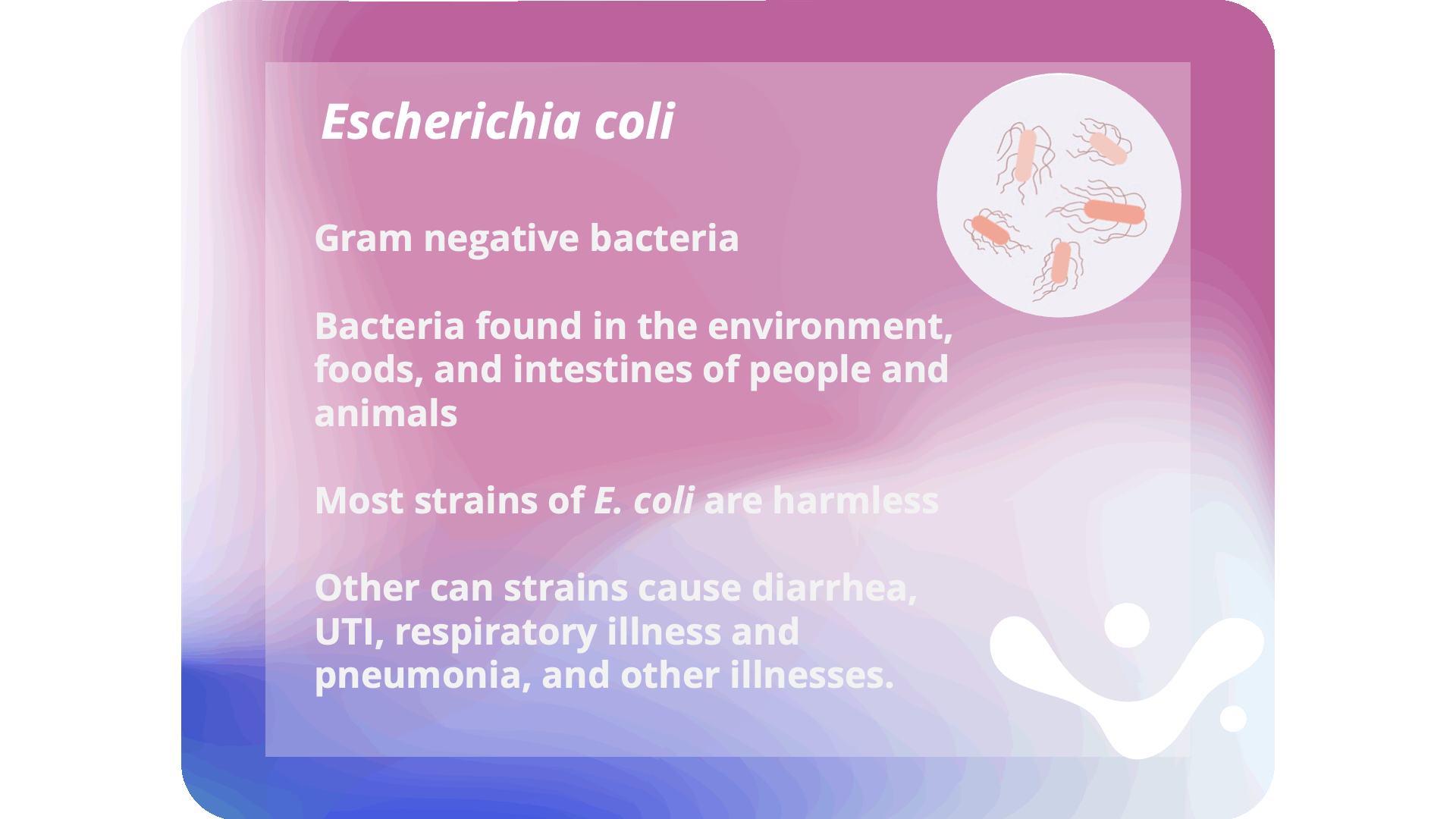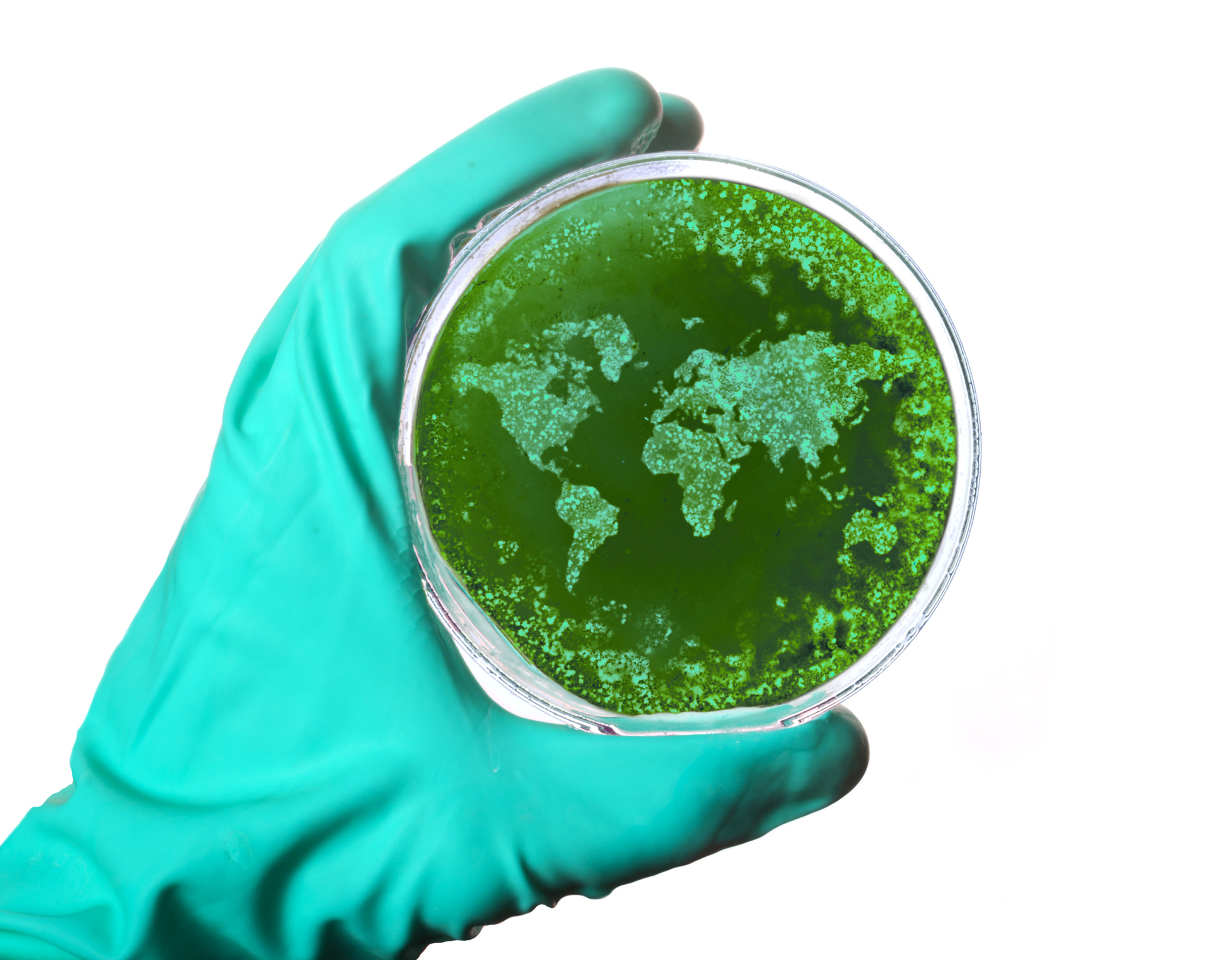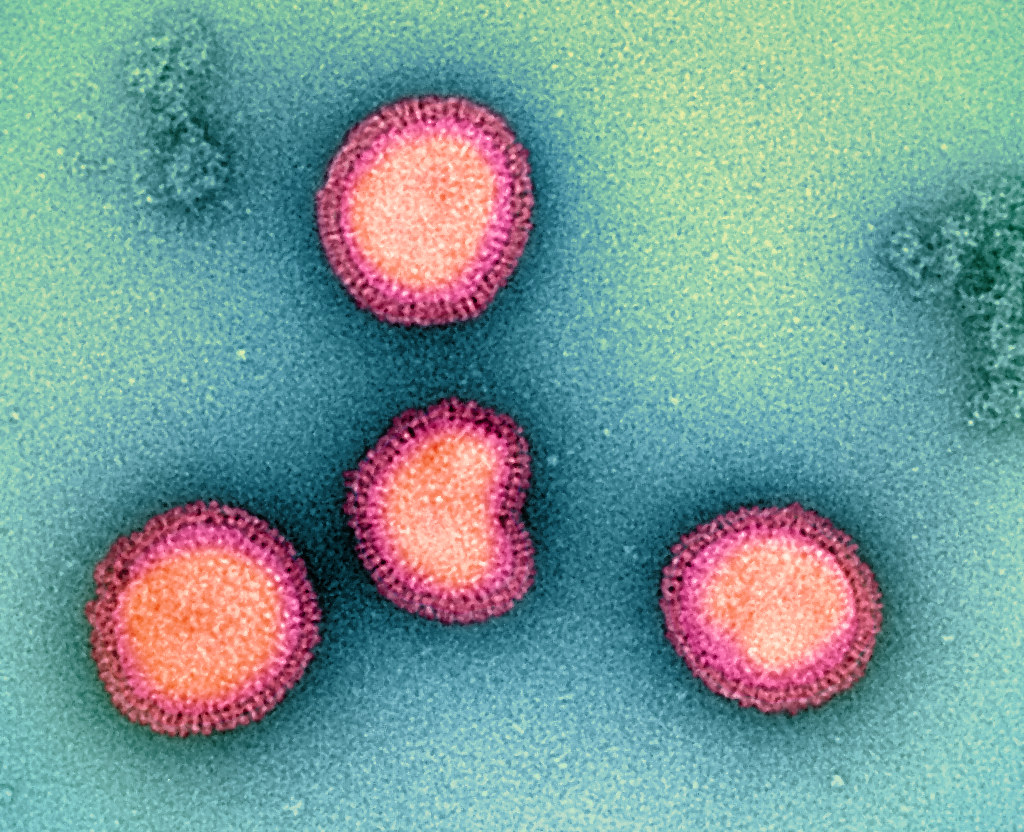Escherichia coli passport

Escherichia coli, commonly referred to as E. coli, is a familiar term to many. It is a rod-shaped bacterium that is typically found in the lower intestines of warm-blooded organisms, including humans. Although many strains of E. coli are harmless and even beneficial, serving vital roles in our gut microbiota, some can lead to life-threatening situations, a phenomenon increasingly observed over the past few decades.
The Threat of E. coli in the Medical World
The diversity of E. coli strains results in a wide array of health complications. Some strains produce toxins that lead to diarrhea, while others can cause urinary tract infections, respiratory illnesses, and even severe blood infections known as septicemia. Perhaps the most notorious strain is E. coli O157:H7, which can lead to severe abdominal cramps, bloody diarrhea, and kidney failure, particularly in young children and the elderly.
Epidemiological Data: Europe and the USA
Over the years, epidemiological studies have painted a concerning picture regarding E. coli infections. According to the European Centre for Disease Prevention and Control (ECDC), there has been a notable increase in reports of infections from antibiotic-resistant E. coli strains. For instance, in 2019, certain countries in Europe reported resistance rates exceeding 30% for third-generation cephalosporins and fluoroquinolones, two crucial classes of antibiotics.
In the USA, the Centers for Disease Control and Prevention (CDC) has identified antibiotic-resistant E. coli as a significant public health concern. In recent years, approximately 265,000 people are infected with Shiga toxin-producing E. coli (like O157:H7) annually, with many of these infections leading to hospitalizations and, in some cases, death.
The Spectrum of Infections
E. coli's pathogenic strains are versatile in the types of infections they can cause:
- Gastrointestinal infections: The primary mode of transmission is through the consumption of contaminated food or water. Raw or undercooked ground beef, unpasteurized milk, and fresh produce have all been identified as common sources.
- Urinary tract infections (UTIs): E. coli is responsible for up to 85% of community-acquired and 50% of hospital-acquired UTIs. The bacteria migrate from the intestines to the urethra and bladder, leading to infections.
- Neonatal meningitis: Certain E. coli strains can cause severe infections in newborns, leading to life-threatening conditions like meningitis.
- Septicemia: This is a blood infection that can result from an untreated or severe E. coli infection. The bacteria enter the bloodstream and spread rapidly, causing a whole-body inflammatory state that can be fatal.
Solutions to the E. coli Menace
To combat E. coli infections, a two-pronged strategy is essential:
-
Prevention:
- Safe food handling and preparation: Cook meats thoroughly, wash fresh produce, and avoid raw milk. Practice hand hygiene regularly.
- Water safety: Ensure you drink water from a safe source. Boil or treat water if its purity is in doubt.
- Personal hygiene: Regular handwashing, especially after using the restroom or handling raw foods, can prevent the spread.
-
Treatment:
- Antibiotics: Historically, many E. coli infections were treatable with standard antibiotics. However, due to the rise in antibiotic resistance, it's becoming increasingly challenging. It's essential to prescribe antibiotics based on susceptibility testing to ensure effectiveness
- Supportive care: For certain E. coli strains like O157:H7, antibiotics might not be the best option, as they could potentially lead to complications. In these cases, supportive care, such as hydration and pain management, becomes critical.
Confronting the challenges posed by E. coli, especially antibiotic-resistant strains, demands global attention. By embracing preventive measures and investing in research for novel treatments, we can hope to curtail the impact of this formidable bacterium.
Catégories
Pagination
- Page 1
- Page suivante
Archives
- juin 2025 (1)
- mai 2025 (1)
- mars 2025 (1)
- mai 2024 (1)
- avril 2024 (2)
- septembre 2023 (1)
- août 2023 (1)
- mai 2023 (1)
- avril 2023 (2)
- février 2023 (1)
- décembre 2022 (1)
- octobre 2022 (1)
- juin 2022 (1)
- mai 2022 (3)
- avril 2022 (1)
- février 2022 (2)
- janvier 2022 (3)
- décembre 2021 (2)
- novembre 2021 (1)



